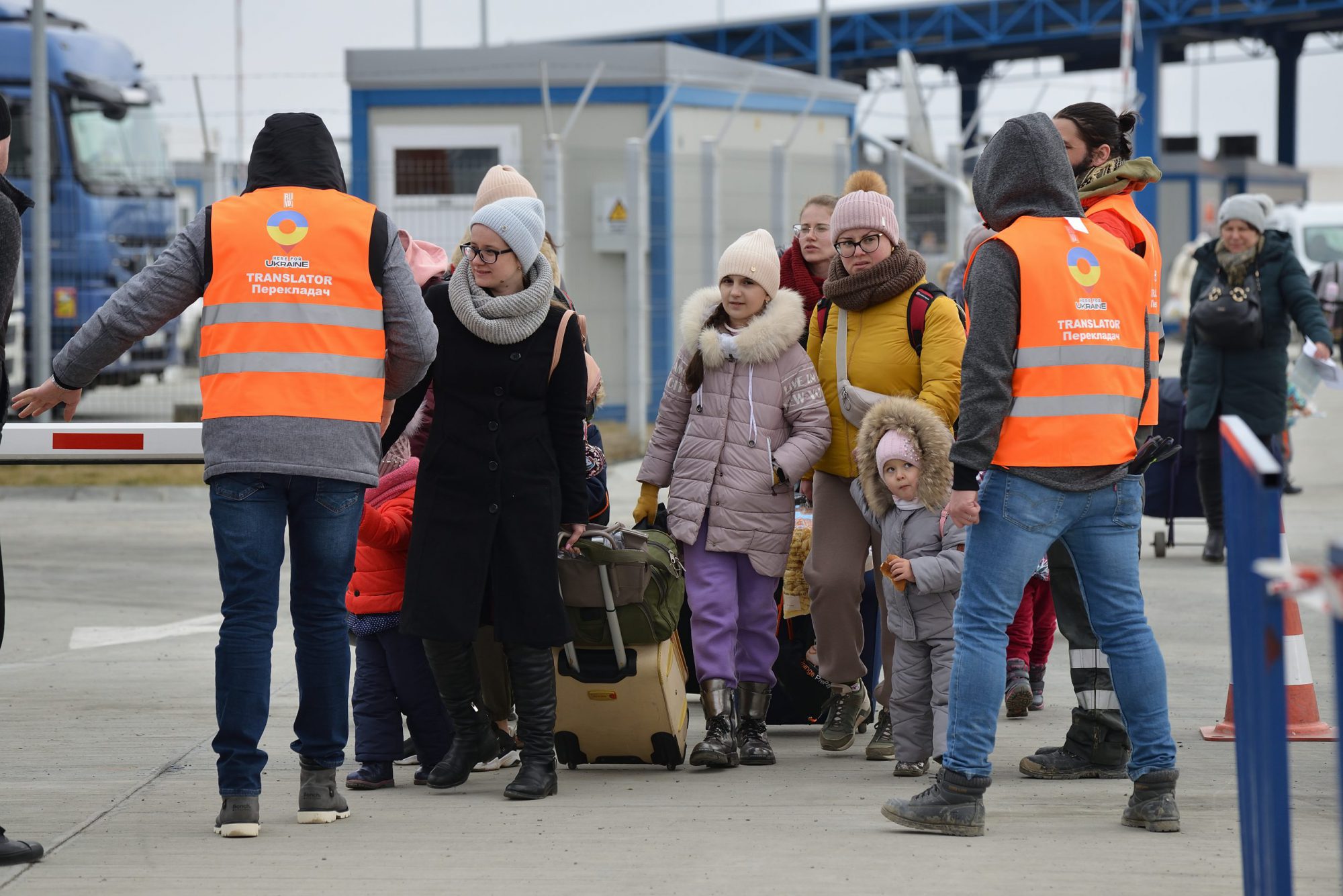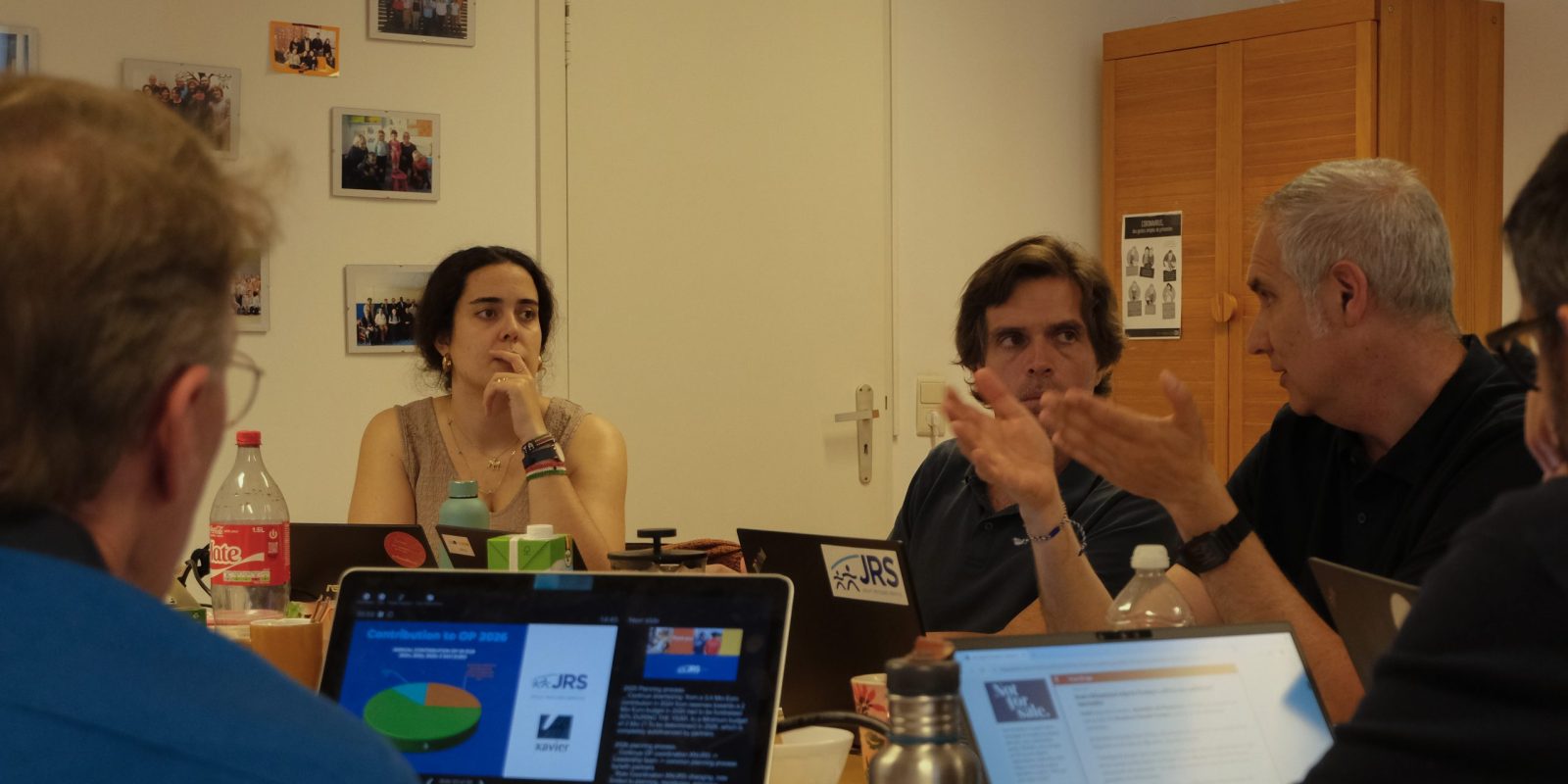10 lessons from the Catholic response to the Ukraine emergency so far
15 September 2022|Alberto Ares

From the start of the war in Ukraine, we have experienced one of the biggest refugee diasporas in Europe. This has been particularly intensely felt in the neighboring countries, such as Poland, Romania, Slovakia, Hungary, and Moldova.
In March, the representatives of the main catholic inspired humanitarian organizations created the working group “Catholic Response For Ukraine” (CR4U) to coordinate the actions in the region and accompany, serve and advocate for the millions of refugees that have been forced to abandon their homes.
The directing principle behind the CR4U efforts is cultivating dialogue among the first-line responders and global organizations. These efforts do not aim to interfere with each member’s actions but to coordinate the ongoing initiatives and identify new actions that are considered necessary and distribute the corresponding responsibilities.
The members of the working group are The International Catholic Migration Commission, Caritas Internationalis, Caritas Europa, JRS Europe, Commission of the Bishop’s Conference of the European Union (COMECE), Consilium Conferentiarum Episcoparum Europa (CCEE), and the Order of Malta. CR4U also closely collaborates with the Dicastery for Promoting Integral Human Development and the Migration and Refugee Section of the Roman Curia.
After 7 months of the war, what lessons have we learned so far from the joint work as Catholic institutions? JRS Europe Executive Director, Alberto Ares, attempted to provide an answer to this key question during his participation in the Catholic Immigrant Integration Initiative Annual Conference.
10 lessons from our experience in the response in Ukraine so far
- Our organisations have great expertise in working closely with the needs of the most vulnerable people.
- Our committed teams, qualified professionals, and volunteers have thrown themselves into the reception and accompaniment of refugees.
- The importance of believing in coordinated work and of not operating in isolation
- The importance of leadership that coordinates and encourages.
- The importance of having some resources freed up to facilitate our coordination
- All organisations and members have partial capacities, but alone we cannot provide a comprehensive response.
- The great advantage of a coordinated response is that together we can offer an overall view and much more articulated response.
- When we present ourselves in an articulated and integrated way, donors and benefactors are more willing to commit to the emergency. We gain credibility.
- We need to grow not only in dialogue and general collaboration but also in more articulated common projects.
- Coordinated and common work roots us in the Gospel values of communion and service to the most disadvantaged.
We all still have a lot to learn, together with our partners on this road, since regretfully the emergency in Ukraine persists. While we continue to work on the response to this emergency, we unite in hope for a road leading to peace and respect of human rights.


